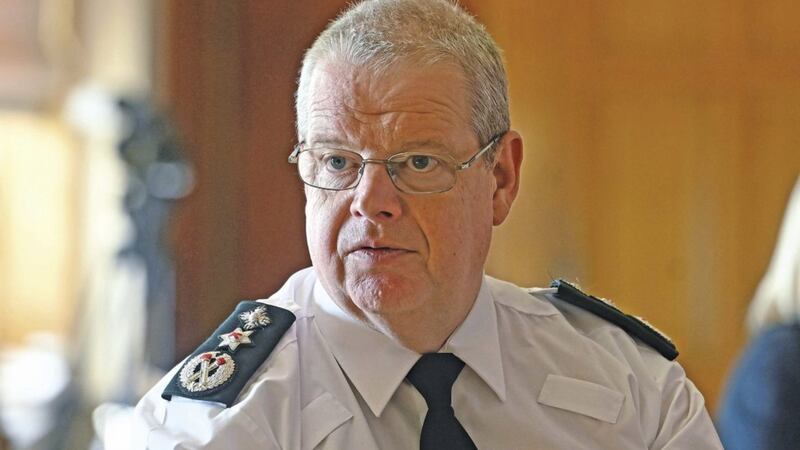A few months ago, I took part in a review of how the PSNI had policed Covid.
It didn’t take me long to say that God would find Covid difficult to police and that I had little tolerance for governments foisting public health issues unto the police. Which gave me more time to talk about the policing issues that I thought were in need of being talked about. Next year is the twentieth anniversary of our police service and while there is nothing essentially broken there is much that needs refreshed.
Organisations are like people, some mature well and some not so well but both sometimes need a period of self-reflection. The PSNI should have no fears of such a process. There are many who claim that policing reform has been the greatest success of the peace process. That may be true, but the cynic and the wise man will agree that success is only a postponement of failure.
As recent days reveal the PSNI has not thrown off the legacy of the past as well as it might have. Undoubtedly, it was the two governments and the political parties who failed to steer a way out of the past, but the police should have been more determined and transparent in distancing themselves from that legacy.
Politicians have no trouble in dumping their failures into the lap of the police, as scandalously demonstrated this week by our present secretary of state. But it was the police who landed themselves into paying out damages of nearly a million pounds in the Loughinisland documentary case.
And they should admit to their ongoing failure to embed themselves into working class communities, particularly in the loyalist areas. Paramilitaries are not ambushing or threatening police in those communities and yet there are hundreds of people still being intimidated. There is a strong sense of paramilitary control, communities more fearful of the men in the shadows than their trust in the police. That is an ultimate failure of policing and it should not be like that after twenty years.
Dissident republicans, on the other hand, have made it nigh impossible to foster community policing in working class nationalist areas. Heads would still turn to see police nonchalantly strolling about the streets and alleyways of those neighbourhoods. The murder of Lyra McKee, for example, was an attempt to kill a police officer, not a young journalist.
But the dissident groups are now walking on very thin ice and the recent revelations about informers coming on the back of the killing of Lyra McKee makes their continuing existence less than certain. But it is still far from clear that the police have ambitions and plans to make their presence in those areas as normal as the nurse, the lollipop man, the social worker or the priest.
Some of the recommendations of the Patten Commission, which established the PSNI, seem to have dropped off the table completely. Part time reservists, for example, have a mixed history but there is a strong argument for them in localities where there has never been a practice or a culture of men and women joining police. Patten proposed 2,500 part time officers recruited from areas in which there are currently few or no reservists. Has that been ruled out?
I would guess that most police officers are unaware that Patten proposed that a routinely unarmed police service would be the desired objective and ‘should be reviewed periodically in light of the prevailing security environment’. When was that last reviewed?
Those are only a few of the issues that could be looked at. I am long enough in the tooth to know that many reviews add to the piles of unwanted paper on someone’s desk. But often, the very debate stimulates ideas, interest and energy.
Twenty years on is surely a good time to have a fresh look.









